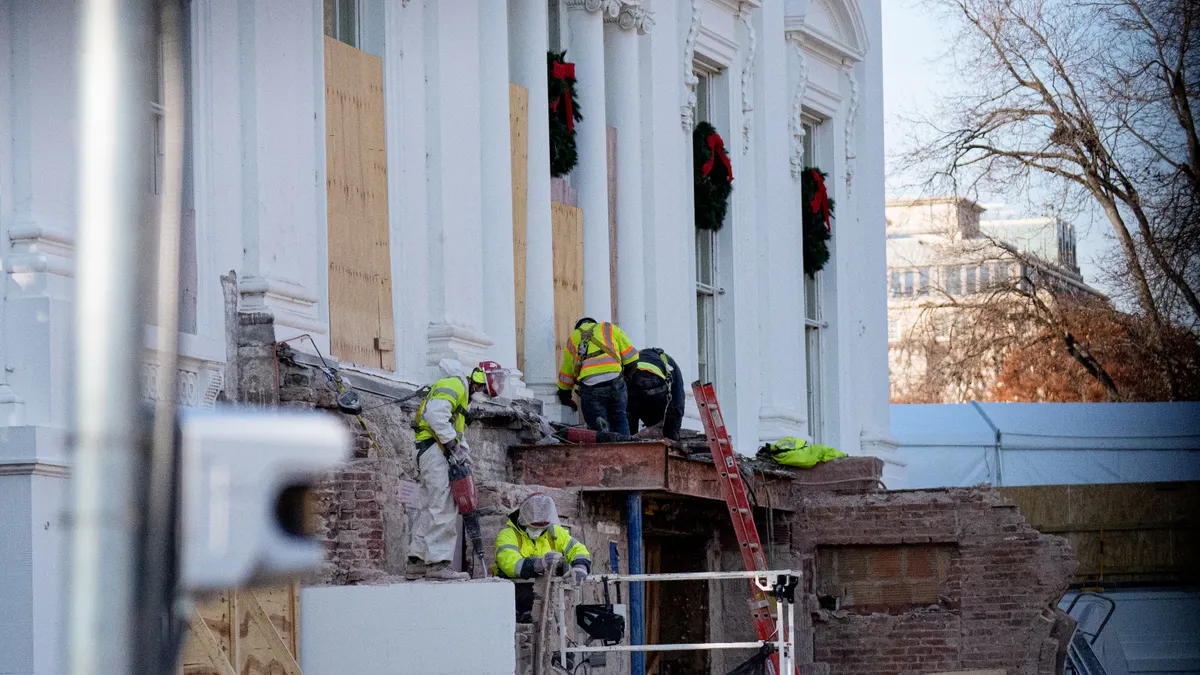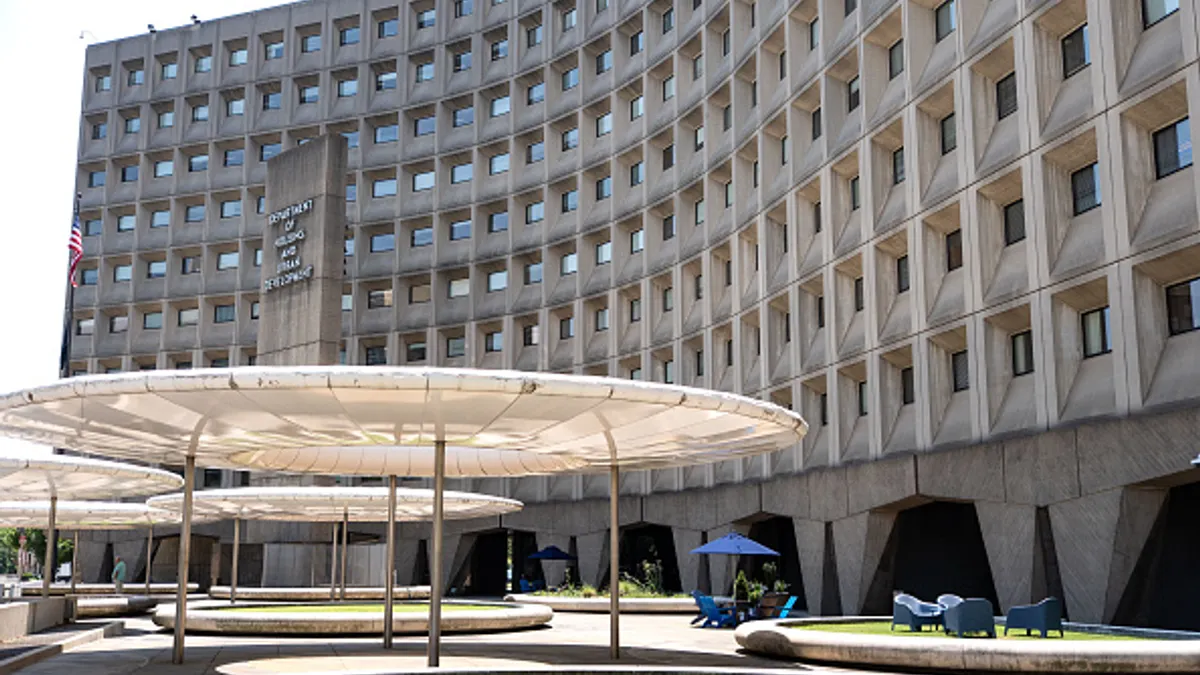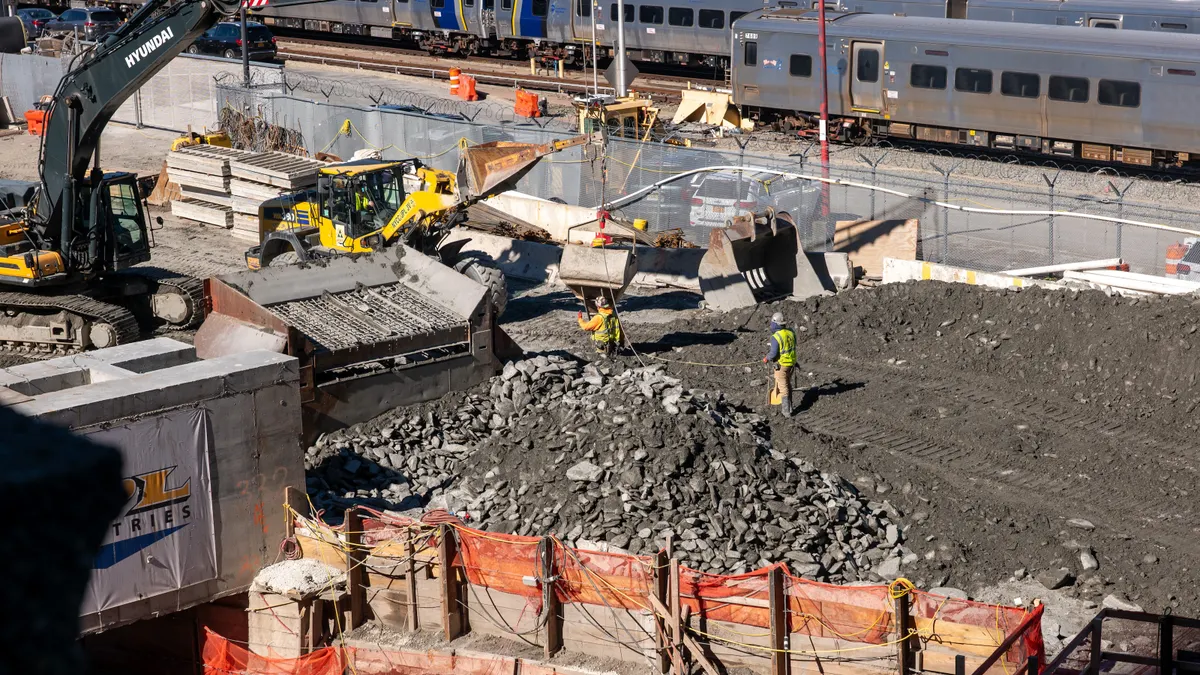What could be objectionable about a rule that includes "fair pay" and "safe workplaces" in its title? Just ask construction industry groups like the Associated General Contractors of America and the Associated Builders and Contractors, which have dubbed the Obama administration's newly signed Fair Pay and Safe Workplaces Executive Order the "blacklisting" rule.
The new regulation, which requires that contractors seeking federal work disclose recent labor law violations, has drawn support from union and labor groups, but it has also sparked outrage from industry associations. So what exactly is causing the fuss? And what impact will the regulation change have on construction companies?
Both sides of the controversial issue
The Obama administration said the regulation change makes sure that only contractors who "play by the rules" are able to participate in federally funded projects; therefore, the new regulation requires that contractors disclose a certain portion of their labor compliance history when bidding on those types of projects. If a contracting officer believes the company has been playing fast and loose with the rules for too long, they can suspend or even debar the contractor from being able to do government work.
Calling the near-900-page rule a "purely political move," Jimmy Christianson, director of the federal and heavy construction division at the AGC, said agencies already have the power to suspend and debar contractors. "They don't need this," he said. "The general rule in Washington, DC, is that the fluffier and friendly the title is, the more damaging (the rule) actually is. This is really bad."
Of course, there are some groups that have come out in support of the FPSW rule. In a statement, AFL-CIO President Richard Trumka praised the Obama administration and said the new regulation would make the federal contracting system "fair and accountable." The Leadership Conference on Civil and Human Rights' Executive Vice President Nancy Zirkin said that businesses that are following the rules should feel "no burden from implementing these new regulations" and called it "good news for working people."
The 5-phase rollout
The new rule will be introduced in five distinct phases as follows:
1. Preassessment: Beginning Sept. 12, contractors can request from the Department of Labor an optional assessment of their previous compliance with labor laws before submitting a bid on a federal project. Christianson said he considers this move duplicative and wasteful, as the DOL is the agency that would have issued violations to begin with and should have the information on hand already.
2. FPSW takes effect: Starting Oct. 25, contractors bidding on federal contracts valued at $50 million or more must submit a one-year labor compliance/violation history for an assessment. The disclosure period will increase to three years by Oct. 25, 2018.
3. Paycheck Transparency: Beginning Jan. 1, 2017, contractors must provide a wage statement with employee pay, not unlike the itemization that many employers already include with paychecks. Employers must also give notice to independent contractors that they are, in fact, independent contractors.
4. Contract threshold reduction: Beginning April 25, 2017, the contract value threshold at which contractors must report their labor compliance history will be reduced to $500,000.
5. Mandatory subcontractor assessment: Starting Oct. 25, 2017, one year after the rule's first implementation, subcontractors with contracts of $500,000 or more must also submit their labor compliance history for assessment.
Additional changes for construction companies
The DOL released a chart of the differences between the rule as it was first proposed in 2014 and the final rule. For example, according to the agency, the original rule included no phase-in period and required the contractor to process labor compliance information from subcontractors rather than submit them directly to the DOL, as they will begin to do in October of next year — a change that doesn't put Christianson's mind at ease.
A contractor will still have to collect the results of the DOL's assessment, he said, but what happens if there's a paperwork logjam and that assessment is stuck in process and not ready in the prescribed three days? "The sub is on its own," he said. In addition, Christianson said, "If you're a federal contractor, you'll need at least one person (processing assessments) in some capacity full-time. You'll have to have someone fielding that from subs. At some point, you'll lose subs because you can't take the risk. Ultimately, as a prime contractor you're responsible for your subs' compliance."
The new rule also "compels public disclosure" of some violations but allows contractors to include explanations or mitigating factors along with those disclosures.
Construction industry groups were obviously not thrilled with the privacy implications of that last piece, which was not part of the original rule. Groups hit the same wall with OSHA's electronic reporting and recordkeeping rule, which allows the public access to a company's safety injury and accident information. At the time of the rule's implementation, the ABC said this facet could lead to exposing sensitive information to competitors, such as hours worked by each employee. The group also argued that this would give the public an out-of-context look at a contractor's safety record.
A detriment to contractors of all sizes?
Another of the ABC's points of contention with the "blacklisting rule" is the fact that the "pre-award review" of a company's labor violation history could stretch out the procurement process to the detriment of the awarding agency, contractor and project itself. The DOL maintains that "the vast majority" of contractors will simply check the "no violations" box on the disclosure form, while those with a labor violation history will submit information according to the electronic procedure already in place. While the DOL does not guarantee that the review won't cause delays, it said that it has taken every step to minimize the impact.
One area sure to be challenged in court is that, according to the ABC, the new rule would allow contracting officers to disqualify contractors from federal projects based on alleged violations rather than only those that have been adjudicated. Further, the association said that the FPSW rule will "disrupt the balanced labor law schemes enacted by Congress."
And even if it has been determined that the contractor has previously violated labor laws, the company would have already been fined by the DOL. "If you've violated the law and you’ve already paid the price, you're going to get punished again?" Christianson asked.
The AGC and ABC agree that the new rules could put an especially costly burden on the head of smaller subcontractors, who aren't likely to have staff on hand to ensure compliance with the new requirements. "Multibillion-dollar contractors will have issues as well, but they can pick and choose in this construction market to say, 'Alright, we're just going to reduce the amount of federal work we do and turn to other markets,'" Christianson said. "A smaller company may not have the same ability to pivot."




















